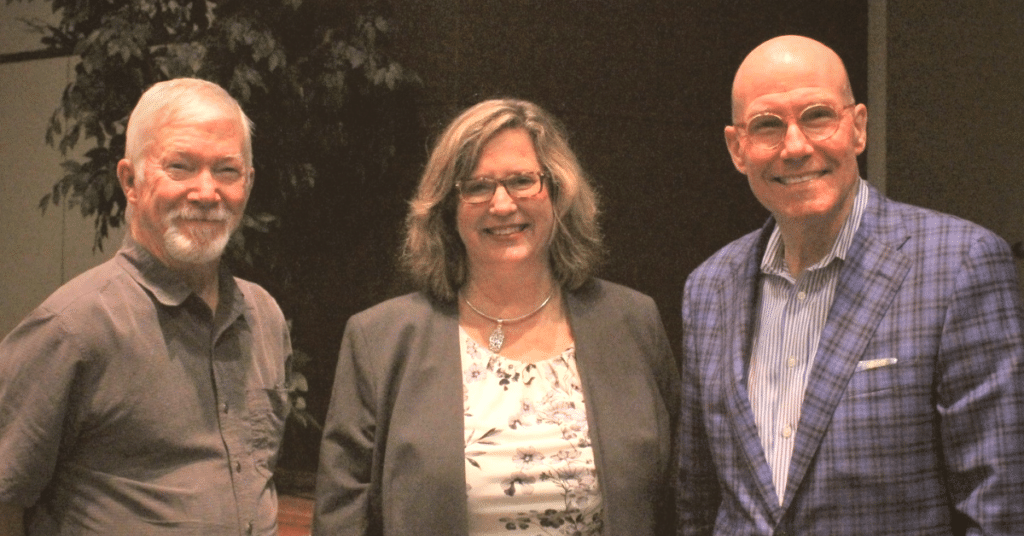The Council on Recovery is pleased to announce that Mary Beck, LMSW, CAI, has been selected to serve as its next President & CEO. Beck, previously the Executive Vice President for The Council, will succeed Mel Taylor, MSW, who is retiring after three decades in the role, and a lifetime of service to the Houston community. Beck will officially begin the position at the beginning of The Council’s 2021-2022 fiscal year on September 1, and Taylor will continue to support the organization’s Foundation in an emeritus position.
“I am honored and thrilled to pass the torch to Mary. She makes every decision, big or small, with the intention to progress The Council’s mission to keep our community healthy, productive, and safe by providing services and information to all who may be adversely affected by alcohol, drugs and related issues.”
Mel Taylor, MSW
After Taylor announced his intention to retire, Board of Trustees Chairman Dean Quinn formed a search committee comprised of tenured board members, and hired an executive search firm to launch a nationwide search. After five months of interviews and discussions, the search committee unanimously recommended to elect Beck, who was then approved by The Council’s Board of Trustees.
“It was a clear decision for us,” says Quinn. “We look forward to working with Mary going forward and seeing her visionary leadership guide this long-standing organization to further success.”

Having served The Council since 2003, Beck is an accomplished and respected executive with a distinctive passion for supporting and uplifting the Houston community and behavioral health field. Before serving as Executive Vice President, she worked in various roles, including youth intervention, prevention, program development and evaluation, and clinical operations. In these roles, she oversaw creation of a centralized call center and a significant reorganization of programs and services for effectiveness and financial viability, among other accomplishments.
“Knowing how thoughtful and deliberate the search process was, it is very humbling to be considered as the best person to lead The Council,” says Beck. “I will commit myself to live up to that each and every day I serve in this role.”
Click here to view the press release on this announcement.

